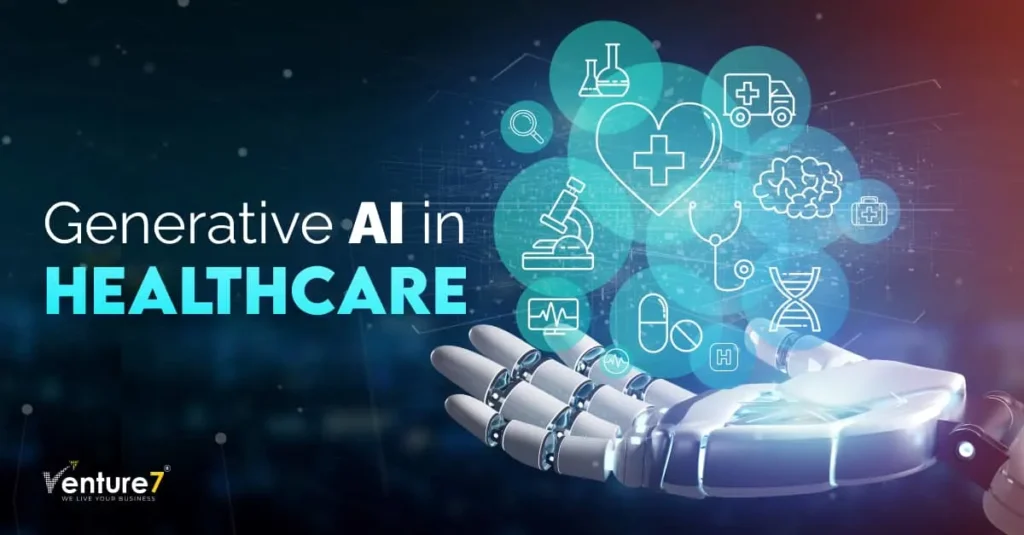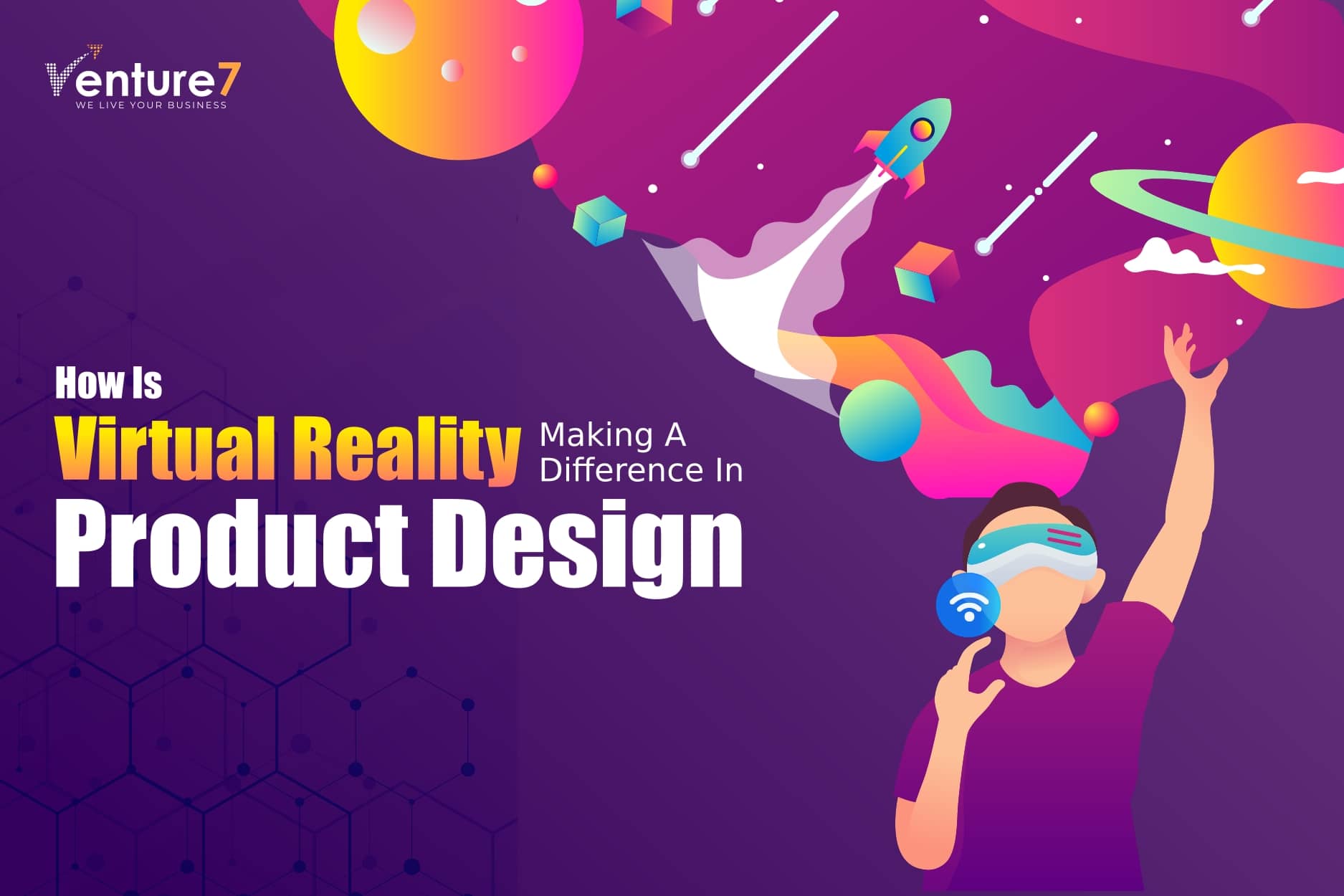Generative AI – The Future of Healthcare Innovation
The healthcare landscape is entering a groundbreaking phase driven by the emergence of artificial intelligence (AI). While traditional AI is known for its significant role in analyzing existing data, Generative AI moves ahead by creating new data or content. This innovative technology also has amazing potential to transform healthcare in multiple ways. The role of Generative AI in healthcare starts from streamlining administrative tasks to enhance drug discovery and further personalize patient care. It has been observed that healthcare professionals take a lot of time documenting patient data and clinical notes, which is of course critical and necessary for accurate diagnosis and treatment but at times this may lead to added burdens on the administration and result in incomplete documentation. To deal with this, AI came to the rescue, and talking about the purpose of Generative AI in Healthcare, it does much more than AI. It uses algorithms trained on vast datasets to understand patterns and relationships. It further allows the AI to not only analyze information but also create new and realistic data points, text formats, or images. For example, it can generate realistic medical images for training purposes, write detailed medical reports based on patient data, or even design new molecules with other therapeutic applications. Contribution of Gen AI in Healthcare Delivery When it comes to transforming healthcare delivery, here’s a glimpse into how generative AI is contributing to healthcare: Challenges and Considerations Therapists often find it difficult to spend a lot of time creating SOAP notes as therapy sessions may go on for extended hours, intensifying the documentation process. Applications of Generative AI in Healthcare are vast as it has the potential to shape Healthcare in a way that leads to transformation. While we can’t deny the great potential of Generative AI, still certain challenges need to be addressed: Data Privacy: As evident, Generative AI mainly relies on huge amounts of patient data. So, maintaining data privacy and security, it needs robust ethical frameworks as well as regulations. Model Bias: AI models are usually good only with the data they are trained on. Biased data can further lead to biased outputs, potentially intensifying existing health disparities. Transparency: Generative AI needs to understand how it makes decisions to gain trust. This transparency helps in building trust among medical professionals. Generative AI Healthcare Use Cases Other Potential Areas for Implementation The Road Ahead Generative AI is still undergoing development. However, we cannot oversee its potential to enhance healthcare outcomes and transform patient care. It has countless benefits apart from enhancing the future of medicine. According to a survey conducted by Deloitte Center for Health Solutions, 75% of top healthcare firms are already trying or planning to expand Generative AI. Besides, 82% are setting up rules for Generative AI, and leaders also believe that it can boost efficiency by 92% and speed up decisions by 65%. As this technology matures, it’s anticipated that even more healthcare providers will recognize its value, leading to broader implementation and more innovative applications suggesting a future where healthcare generative AI becomes integral to delivering personalized, efficient, and advanced healthcare services. Conclusion The future of healthcare is enveloped with a whole lot of possibilities ahead and the credit of which goes to generative AI. AI isn’t just a trending word; it’s going to be a game-changer for healthcare. It encourages a streamlined approach that significantly reduces the time and efforts required for documentation, facilitating healthcare professionals to focus on delivering top-tier patient care. By harnessing the power of this technology ethically, we can not only enhance access to care but also improve outcomes to create a healthcare ecosystem, which is personalized, efficient, and effective for all.
Why Generative AI









